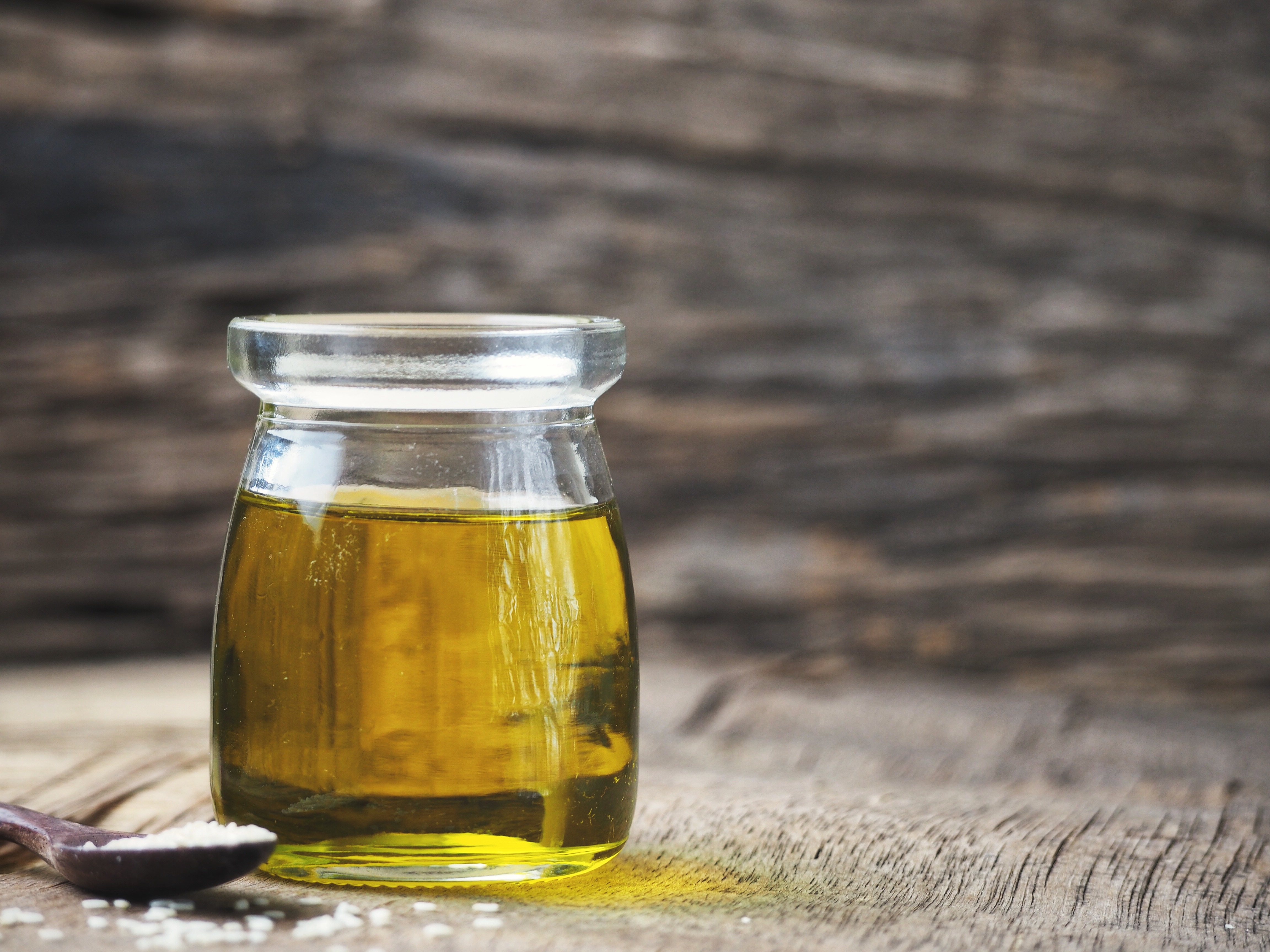Despite the interest in CBD, many major retailers have been num on their stance concerning the compound. That was until recently.
Two of the nation’s largest pharmacies, CVS and Walgreens, announced their interest in exploring CBD. Both will begin selling hemp-derived CBD products in the total 2,300 stores owned by the two chains. Soon, they will sell a variety of topical applications, like creams, lotions, salves, patches, and sprays.
This is pretty significant since some enthusiasm has died down for CBD after leadership changed at the U.S. Food and Drug Administration. Some merchants and banks have been hesitant to move forward full throttle due to the departure of FDA chief Scott Gottlieb.
When he led the agency, Gottlieb approved the first CBD-based medication, and he was poised to give those interested in selling food and dietary supplement products containing CBD a fair hearing about the compound’s fate. Now that he’s gone, and no hearing was held, many in the industry don’t know what to expect.
CBD in the United States
After the 2018 farm bill became law last year, some states chose to ban the sale of food, such as cookies, and drinks with added CBD despite the federal government’s move to decriminalize hemp and make it legal to cultivate it for certain purposes.
Currently, any part, extract, or derivative of the Cannabis plant that has a THC concentration of not more than 0.3 percent on a dry weight basis is legal. This law did not legalize marijuana, which comes the same plant as CBD.
After passage of the bill, the Gottlieb issued a statement, explaining the law did not change the agency’s position on food, drinks, or dietary supplements that contained CBD.
Under the U.S. Food, Drug, and Cosmetic Act, it is illegal to market or sell food and supplements that contain CBD even if they are hemp-derived. The issue here is that federal laws prohibit the sale of any food or supplement that contains an ingredient that was investigated in clinical trials or approved as a drug by the FDA.
CBD was approved as a drug ingredient in the FDA-approved anti-epilepsy drug, Epidiolex, therefore, the sale of any edible infused with CBD is not permitted.
The Bigger Problem
After Gottlieb issued the statement, he agreed to hold a hearing to discuss the issues with those parties interested in CBD. The goal of the hearing was to come up with an appropriate, effective framework for regulating these products.
It did not occur before he left. This left many wandering what to do next.
For right now, the best people can do is do what CVS and Walgreens is doing, which is sell CBD that isn’t ingestible. Until something changes, regulators encourage CBD merchants to be cautious. Additionally, merchants are told not promote CBD products with false misleading claims or say anything that isn’t back by scientific research.
If the FDA finds any product in violation of it policies, the agency can remove products from shelves, fine companies, or shut down businesses.
The Last Word on CBD
CVS and Walgreens move shows that some CBD products are worth pursuing.
Though states, like Ohio, New York, Texas, and Maine, have banned the sale of edibles, companies in other states may still be able to sell CBD products based on the federal law concerning hemp.
It is up to individual merchants to check out the laws where they are selling and then follow, accordingly.
Merchants that need CBD merchant accounts, so they can accept and process credit and debit card payments should contact eMerchantBroker.com (EMB). It works with high-risk merchants, including those in the CBD industry. Its online application is simple and easy.


